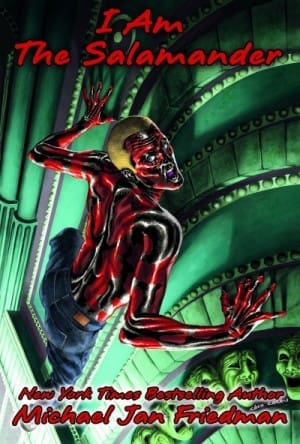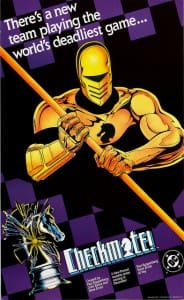“Write something different.”
That’s what my friend said to me. It was a challenge, really. We’d been talking about writing, and I’d mentioned that, for once, I might actually be able to do NaNoWriMo properly. I’d “sort of” done it once or twice before, by writing novels while it was going on, but I’d already been working on those when November had rolled around and so technically they didn’t qualify. But this time I had a gap in my writing schedule at just the right moment, and I thought “this time, I’m going to do it for real.”
The only question was, what to write? Which is where my friend’s challenge came in.
I decided to rise to the occasion. I’d written mostly genre action-adventure to this point, for properties like Star Trek and WarCraft and Eureka—lots of fun, lots of action, the occasional bit of humor but mostly serious, in the way that big-budget cinematic action is serious. Which is why I decided to do something actually full-on funny for a change.
I had this idea that had been kicking around in my files for a few years. It had started as a joke with a friend, just one of those random weird lines you throw out in conversation. But it had stuck, and I’d thought even then “this could be the basis for a really fun novel, in the same vein as Hitchhiker’s Guide to the Galaxy.” It was about a duckheaded man surfing the ion wave.
I sat down to write that book with very little plan beyond the initial image and the fact that I wanted to just kick back and have fun and be silly. I wrote somewhere around 60k that November, officially “completing” or “winning” NaNoWriMo. The following month I finished the book for real. It became No Small Bills, the first of the Adventures of DuckBob Spinowitz, which is now three books and counting.
And I don’t know if I would have actually managed to write that book at all if not for my friend’s push, and NaNoWriMo’s structure and built-in pressure-cooker deadline. So thank you, NaNoWriMo! And for all of you participating in it this year, good luck! You can do it!









